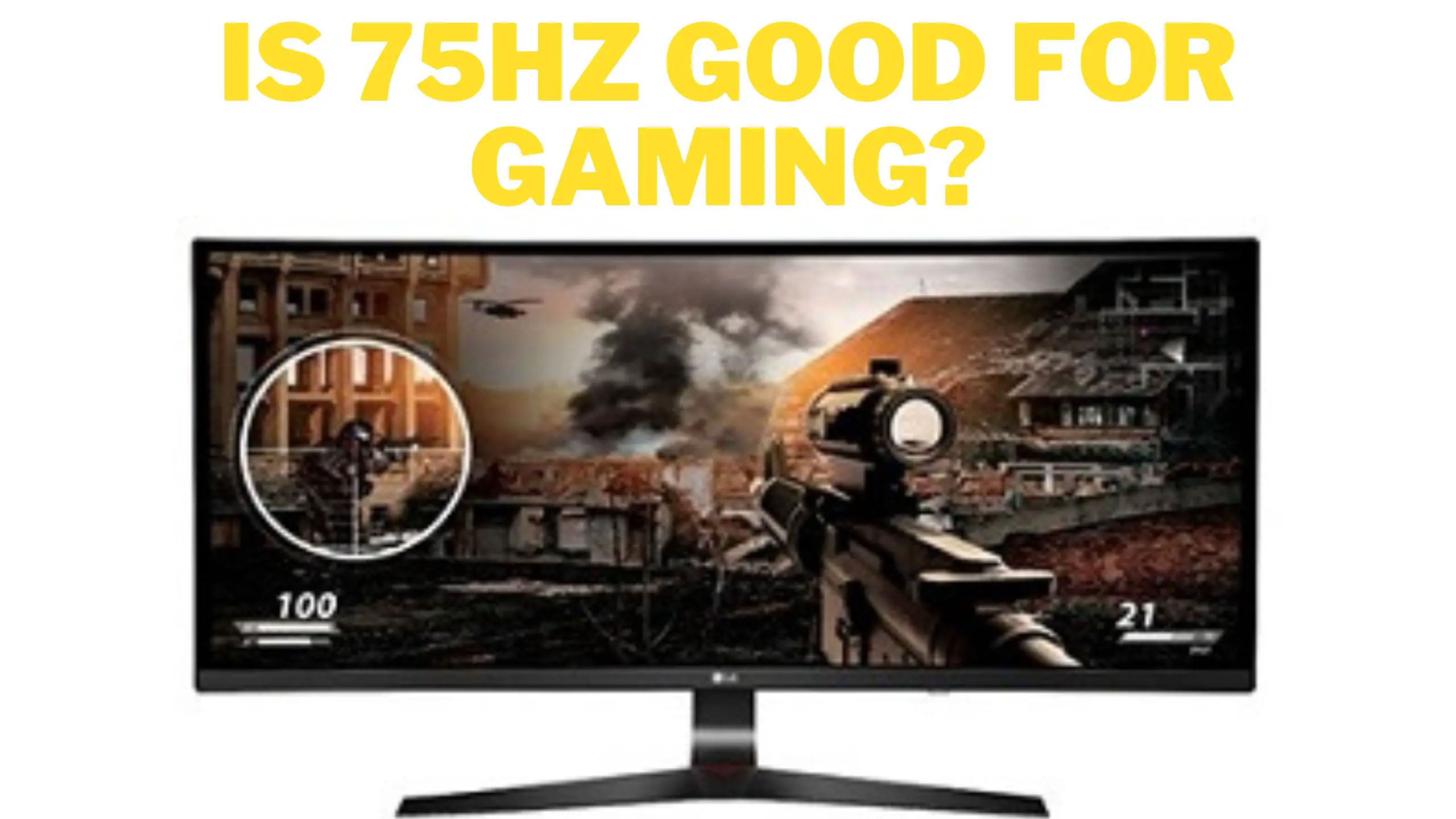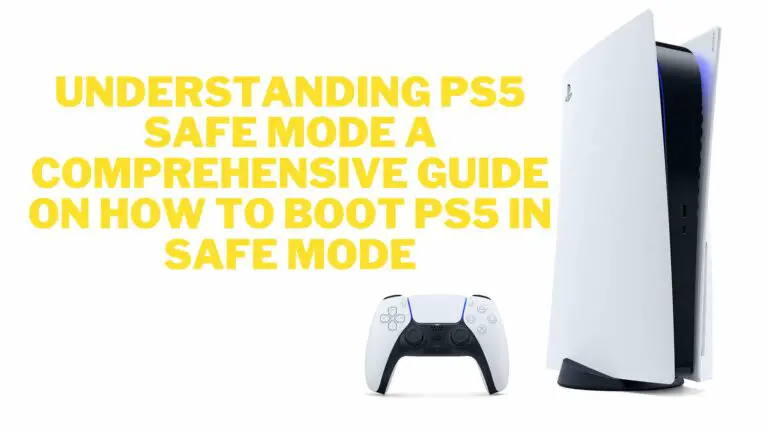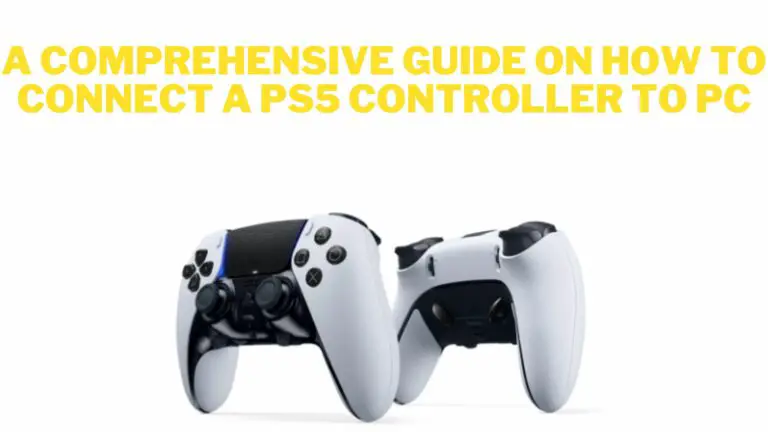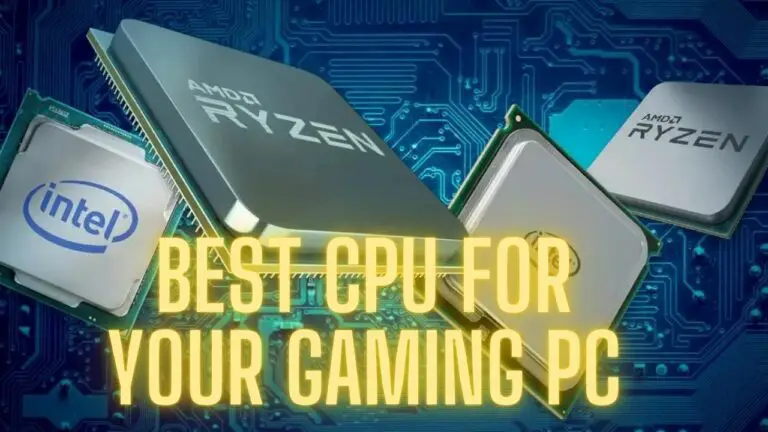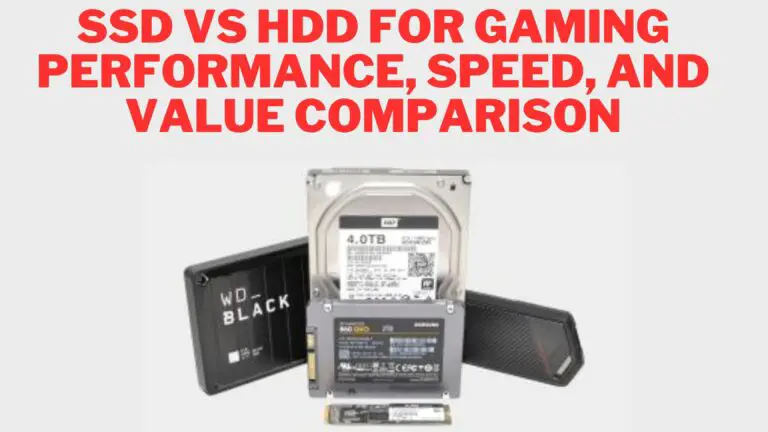Is 75hz Good For Gaming?
Introduction
In the realm of gaming, the discussion around monitor specifications, especially refresh rates, has always been a subject of considerable debate. The quest for smoother gameplay and enhanced visual experiences has led to the development of monitors with varying refresh rates. One such refresh rate that often garners attention is 75Hz. The question that arises: Is a 75Hz refresh rate good for gaming? To delve into this query, it’s essential to explore what a refresh rate is, its impact on gaming, the benefits of 75Hz, and is 75hz good for gaming?
Understanding Refresh Rate:
The refresh rate of a monitor refers to the number of times per second it updates the image on the screen. It is measured in Hertz (Hz). The higher the refresh rate, the more frames per second (FPS) the monitor can display, resulting in smoother motion and reduced motion blur, particularly during fast-paced gameplay.
Impact of Refresh Rate on Gaming:
For gamers, a higher refresh rate can significantly enhance the overall gaming experience. Traditional monitors with a refresh rate of 60Hz are common and can display up to 60 frames per second. However, higher refresh rates, such as 75Hz, 120Hz, 144Hz, or even 240Hz, offer smoother visuals, reduce screen tearing, and provide a more responsive feel during gameplay. This is especially noticeable in fast-action games like first-person shooters (FPS) or racing games, where quick reactions are crucial.
Benefits of 75Hz Refresh Rate for Gaming:
- Smoother Gameplay: Compared to a 60Hz monitor, a 75Hz display allows for a slight increase in frames per second. While not as significant as higher refresh rates, the difference can still offer smoother motion and more responsive gameplay.
- Reduced Motion Blur: A higher refresh rate can help reduce motion blur, resulting in clearer and crisper images, especially during fast movements in games.
- Enhanced Responsiveness: The increased refresh rate can lead to a more responsive gaming experience, giving gamers a competitive edge by providing faster visual feedback to their actions.
- Cost-Effectiveness: Monitors with a 75Hz refresh rate often fall within a more budget-friendly range compared to higher refresh rate options, making them a viable choice for gamers looking for a balance between performance and affordability.
Considerations and Limitations:
While a 75Hz refresh rate offers advantages over a standard 60Hz monitor, there are certain considerations and limitations to be aware of:
- Hardware Requirements: Achieving higher FPS to fully utilize the benefits of a 75Hz monitor may require a capable graphics card and a system that can consistently deliver higher frame rates in games.
- Game Compatibility: Not all games can easily achieve frame rates that maximize the potential of a 75Hz monitor. Some older or more graphically demanding titles might not consistently reach higher FPS.
- Diminishing Returns: Compared to higher refresh rates like 120Hz or 144Hz, the difference between 75Hz and 60Hz might not be as noticeable to all gamers, particularly those who are not highly sensitive to screen fluidity.
FAQS
1. What is a refresh rate?
- Answer: Refresh rate refers to the number of times per second a monitor updates with new images. It’s measured in Hertz (Hz). Higher refresh rates generally result in smoother motion and reduced motion blur.
2. Is 75Hz good for gaming?
- Answer: A 75Hz refresh rate can offer a noticeable improvement over the standard 60Hz, especially in fast-paced games. While it may not match the smoothness of higher refresh rates like 120Hz or 144Hz, it still provides a decent gaming experience.
3. What are the advantages of a 75Hz refresh rate for gaming?
- Answer: A 75Hz monitor can provide slightly smoother gameplay compared to a 60Hz display. It can reduce motion blur and input lag, offering a more responsive gaming experience, particularly in games with fast movements.
4. Will I notice a difference between 60Hz and 75Hz?
- Answer: Yes, there’s a discernible difference between 60Hz and 75Hz. The higher refresh rate allows for slightly smoother visuals, providing a more fluid gaming experience, though the difference may not be as pronounced as with higher refresh rates.
5. Can a 75Hz monitor support higher frame rates from gaming?
- Answer: Yes, a 75Hz monitor can display higher frame rates than 75 frames per second (FPS). However, the benefits may not be fully realized if your graphics card can’t consistently output frame rates close to or above 75 FPS.
6. Is a 75Hz monitor good for competitive gaming?
- Answer: While competitive gamers often prefer higher refresh rates like 144Hz or 240Hz for the utmost smoothness and responsiveness, a 75Hz monitor can still be suitable for casual or entry-level competitive gaming.
7. What other factors are important for gaming monitors besides refresh rate?
- Answer: Response time, panel type (TN, IPS, VA), resolution, adaptive sync technologies (like FreeSync or G-Sync), and input lag are crucial factors impacting gaming performance and visual quality.
8. Should I upgrade from 60Hz to 75Hz for gaming?
- Answer: If your budget allows and you’re looking for a slightly improved gaming experience, upgrading to a 75Hz monitor can be beneficial. However, if you’re seeking a significant upgrade, higher refresh rates like 120Hz or 144Hz might be more noticeable.
9. Is 75Hz good enough for non-gaming tasks?
- Answer: Absolutely. A 75Hz refresh rate can enhance the general viewing experience for everyday tasks like web browsing, video streaming, and productivity work.
Conclusion:
In conclusion, a 75Hz refresh rate can offer a noticeable improvement over traditional 60Hz monitors, providing smoother gameplay, reduced motion blur, and enhanced responsiveness for gaming enthusiasts. While it may not deliver the same level of performance as higher refresh rates, it strikes a balance between improved visuals and affordability. Gamers seeking an upgrade from a 60Hz monitor without breaking the bank might find 75Hz displays a compelling choice. However, for competitive gamers or those who prioritize the highest performance possible, higher refresh rates may better suit their needs. Ultimately, the choice depends on individual preferences, gaming habits, and budget constraints.
As gaming technology continues to evolve, monitor refresh rates will likely play an increasingly critical role in shaping the gaming experience, catering to the diverse needs and preferences of gamers worldwide.

